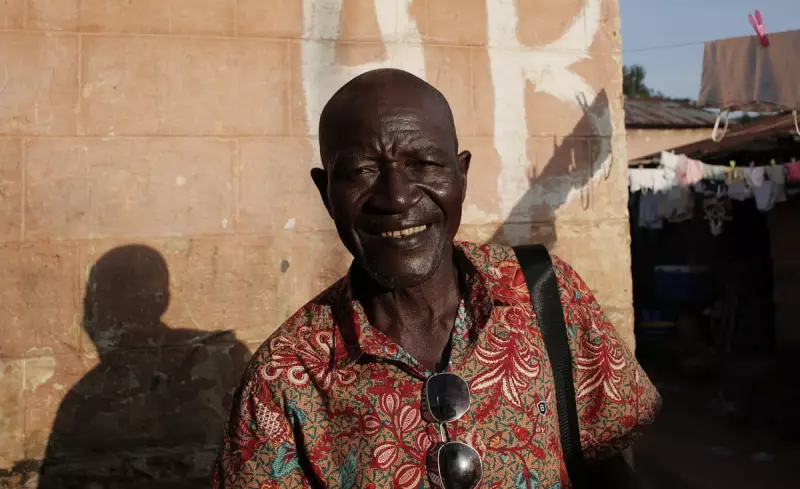
The dismantling of the United States Agency for International Development has sparked complex reactions across the globe, with many in recipient nations expressing something far removed from sorrow.
A Legacy of Mixed Feelings
For decades, USAID stood as America's primary vehicle for international development assistance, distributing billions of dollars across developing nations. Yet beneath the surface of official gratitude, many communities harboured deep-seated resentment towards what they perceived as strings-attached charity.
"They come with their money and their conditions," explains Dr Anya Sharma, a development economist from New Delhi. "The funding often arrives packaged with American political agendas and corporate interests."
The Conditional Nature of Aid
Multiple sources from Africa, Asia, and Latin America describe similar patterns of frustration:
- Requirements to purchase American goods and services
- Political conditions tied to governance reforms
- Displacement of local expertise with international consultants
- Projects that prioritise American strategic interests over local needs
"The money comes, but so does the control," notes Kenyan agricultural specialist Joseph Mwangi. "We become implementers of their vision rather than architects of our own development."
Opportunity in the Vacuum
With USAID's departure, many nations see an unprecedented chance to redefine their development pathways. The absence of American aid creates space for:
- Strengthened South-South cooperation
- More authentic partnerships with emerging donors
- Home-grown solutions to development challenges
- Reduced political dependency on Western nations
The Other Side of the Coin
Not all voices celebrate USAID's closure. Many smaller NGOs and community organisations that depended on its funding now face existential threats. Health programmes, educational initiatives, and disaster response capabilities built over decades now confront uncertain futures.
"For all its flaws, USAID funded work that saved lives," acknowledges Maria Santos, director of a maternal health nonprofit in Guatemala. "The transition will be painful for the most vulnerable."
As the international development landscape undergoes its most significant transformation in half a century, the true impact of USAID's closure will unfold in the years ahead. What remains clear is that the era of American-dominated development assistance has reached its conclusion, opening space for new models of international cooperation to emerge.





